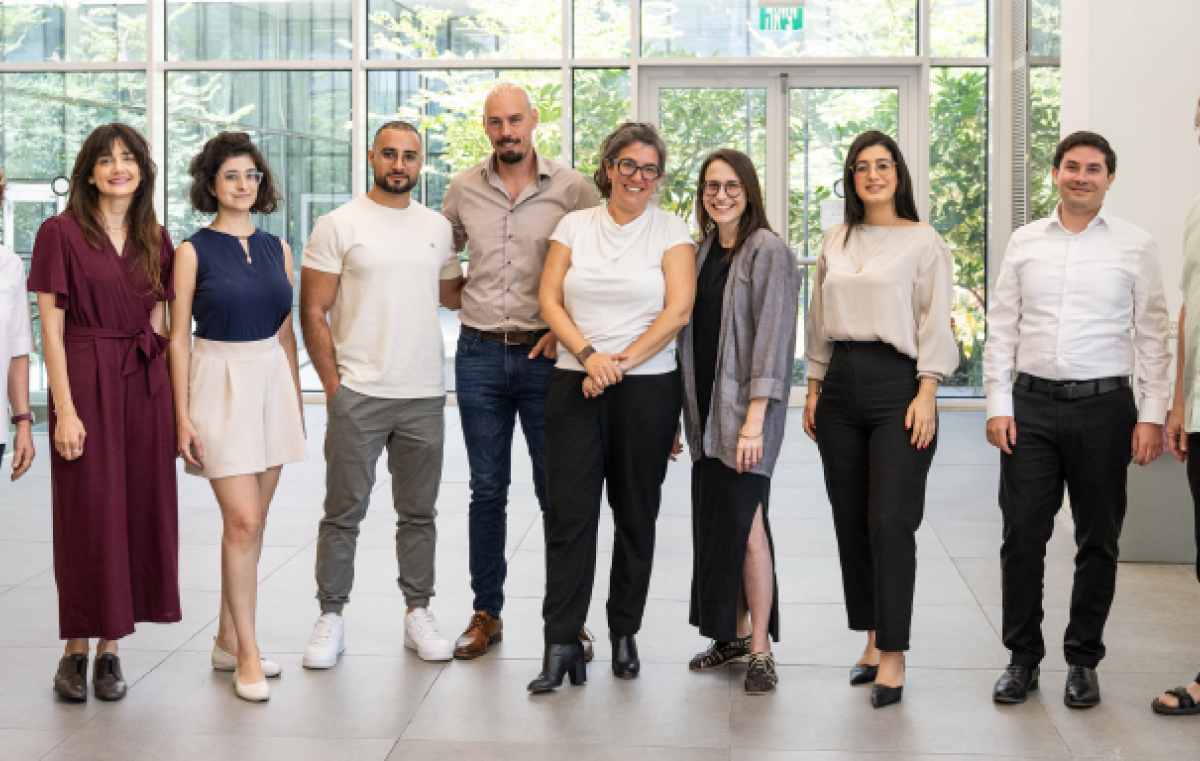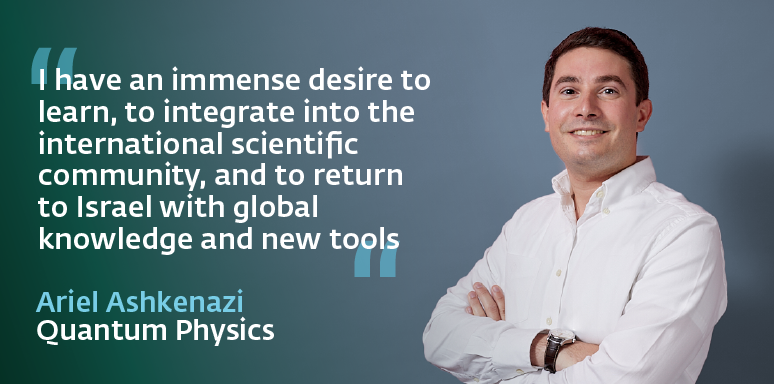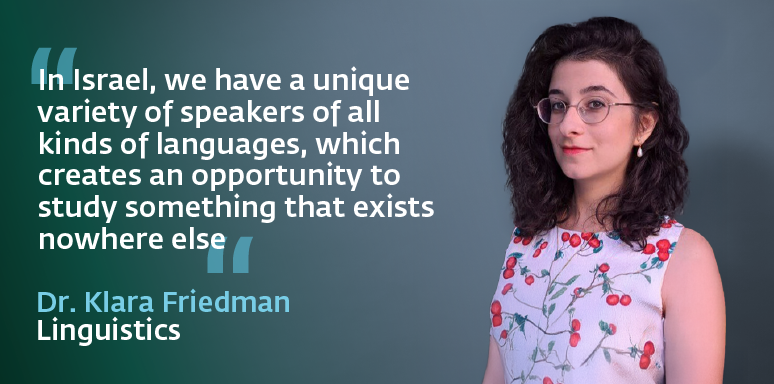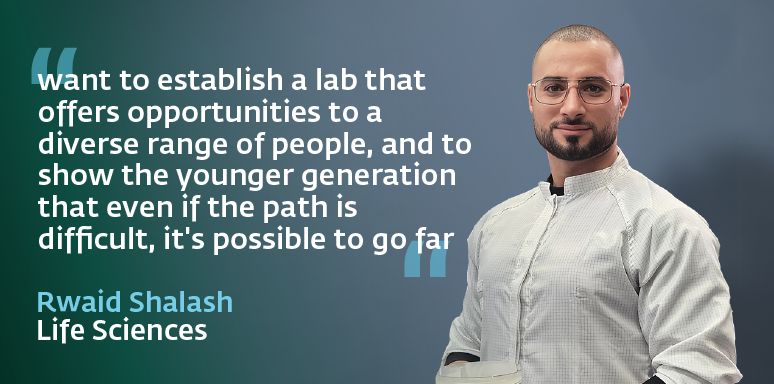Bringing Back Global Expertise to Advance Israeli Science
Bar-Ilan awards postdoctoral fellowships to nine promising young researchers heading abroad to join leading international institutions

This year, Bar-Ilan University awarded prestigious postdoctoral fellowships to nine outstanding early-career researchers who will soon travel abroad to continue their academic journeys at top universities and research institutes. Here are the stories of three of them.
Strategic Investment in Israel’s Scientific Future
“I’m incredibly excited to learn, connect with the global scientific community, and return to Israel equipped with new tools and international knowledge,” says Ariel Ashkenazi, a young researcher from the Faculty of Engineering and one of this year’s nine postdoctoral fellowship recipients. These fellowships reflect Bar-Ilan’s long-term vision: sending Israel’s brightest minds to gain cutting-edge expertise abroad—so they can come back and lead world-class research right here at home.

From Hebron Yeshiva to a Quantum Lab in California
Ashkenazi’s research focuses on quantum optics and broadband entangled photons. A graduate of ultra-Orthodox Yeshiva who went on to study electrical engineering and physics at Bar-Ilan, he bridges worlds in a unique way. “I grew up with deep Torah learning and faith, but also with a curiosity to understand the world. I don’t believe we need to choose between science and religion—they can enrich each other,” he shares. Ashkenazi has won three prestigious fellowships, including the Fulbright Scholarship, and will soon relocate with his family to Chapman University’s quantum institute in California for his postdoc.
“Hebrusski”: A Uniquely Israeli Linguistic Phenomenon
Dr. Clara Friedman made an unconventional shift from computer science to linguistics after a paper on bilingual Hebrew-Russian children changed the trajectory of her career. In her doctoral research, conducted at Bar-Ilan’s Faculty of Humanities, she used advanced technologies to explore how multilingualism shapes human perception. “We’re beginning to understand that multilingualism affects not only how we speak—but how we see, hear, and experience the world,” she explains. Awarded the prestigious Marie Curie Fellowship from the European Union, Friedman will continue her research on the uniquely Israeli hybrid language known as “Hebrusski” at the University of Konstanz in Germany.

From Arraba to the National Institutes of Health (NIH)
Dr. Rwaid Shelish, from the northern Arab city of Arraba and the first in his family to pursue higher education, overcame numerous challenges throughout his academic journey. When he arrived at Bar-Ilan a decade ago with limited Hebrew, he faced serious difficulties—even being called in by the dean of the Faculty of Life Sciences. But instead of giving up, he committed himself fully to his studies. After completing a PhD on the molecular pathways of aging, Shelish is now heading to a prestigious postdoctoral fellowship at the NIH in the United States. “I want to come back to Israel, build a lab that creates opportunities for diverse people, and show the younger generation—especially in the Arab community—that even when the road is hard, you can go far if you don’t give up,” he says.

Diversity as a Scientific Asset
Alongside Ashkenazi, Friedman, and Shelish, six other fellows were selected for the 2025 cohort:
Dr. Muna Abed Elrazik (Department of Linguistics and English Literature),
Dr. Amin Azma (Department of Criminology),
Dr. Veronika Lyon (Gender Studies Program),
Dr. Yara Nassar (Department of Psychology),
Dr. Stav Shopen-Biton (Department of Sociology and Anthropology),
and Dr. Natalie Shapira (Department of Computer Science).
These nine researchers share more than just academic excellence—they share a common vision: to take full advantage of their global academic opportunities and return to Israel as leaders equipped with cutting-edge tools, international experience, and a commitment to advancing research for the benefit of all of Israeli society.
Their diversity—from quantum physics to gender studies, and from ultra-Orthodox to Arab backgrounds—reflects Bar-Ilan’s open, inclusive approach to academic excellence. In their remarks at the fellowship ceremony, BIU Rector Prof. Amnon Albeck and Diversity & Inclusion Commissioner Prof. Orna Sasson-Levy emphasized the university’s commitment to nurturing top-tier research across all sectors of society. This diversity, they noted, strengthens the scientific community and enhances the resilience of the nation as a whole.
Bar-Ilan believes that investing in promising researchers today is key to developing tomorrow’s scientific leaders—and to securing Israel’s place at the forefront of global research.
Learn more about doctoral and postdoctoral studies at Bar-Ilan University.